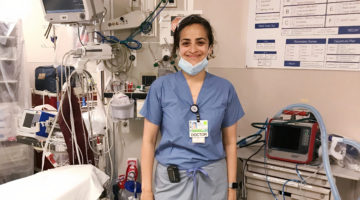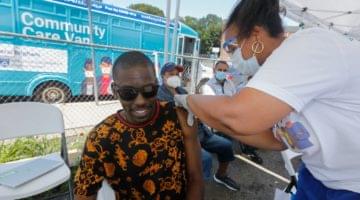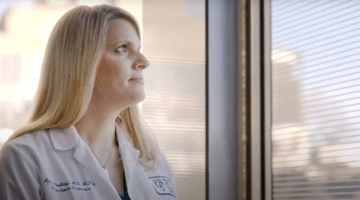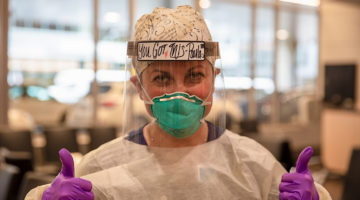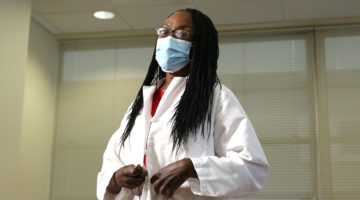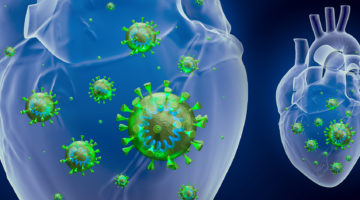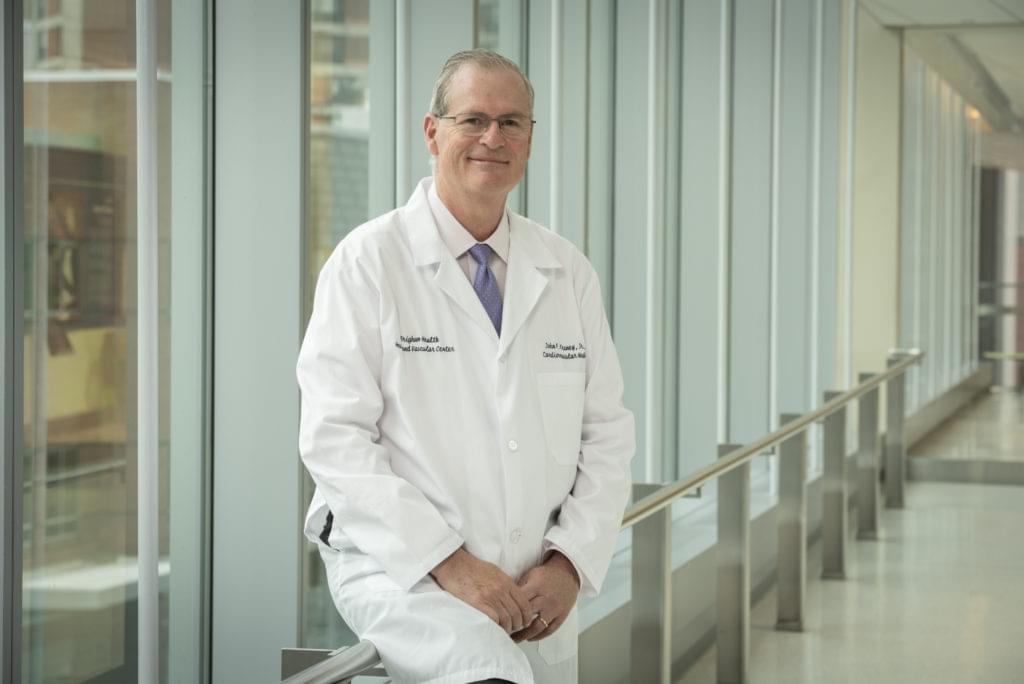
John Keaney Jr., MD, chief of the Division of Cardiovascular Medicine, says the fear of contracting COVID-19 at hospitals caused many patients to delay or avoid needed care, particularly in March and April. He and his colleagues observed that patients admitted to the cardiac service during that time were much sicker and more complicated than usual.
This pattern of absent cases, followed by more severe ones later on, occurred across the country. According to an analysis by The Washington Post, thousands more deaths were recorded from March to mid-April than would have been expected from heart disease and other conditions. In five states, including Massachusetts, there were a combined 75,000 more deaths than usual during that period. Some of the excess deaths could be unrecognized fatalities from COVID-19, experts say. However, reviews suggest many patients suffering from serious conditions died as a result of delaying or not seeking care.
“It’s understandable that people would be worried about catching the virus in the hospital, but hospitals are generally safer than most places, including grocery stores,” says interventional cardiologist Deepak L. Bhatt, MD, MPH. “While COVID-19 is scary, having a heart attack or stroke is life-threatening. No matter what, the right thing is to call 911 and get it checked out.”
Misinformation also sowed distrust in the safety of routine cardiovascular treatments, causing many to discontinue needed medications without their doctors’ advice. Bhatt was among the experts speaking out in the media hoping to steer patients back to making the best healthcare decisions for their hearts.
“It’s urgent for people with heart disease to be careful and keep taking their medications,” Bhatt advises. “These are not the sorts of conditions for self-directing treatment, so it’s important not to try anything new at home, especially now.”
For people with heart disease who may not have their condition under control or are experiencing troubling symptoms, Keaney understands the anxiety they may have about seeking treatment in this climate.
“For many individuals, having a heart event is a once-in-a-lifetime situation, so the stakes already feel high without adding complicating factors like an ongoing virus,” says Keaney. “For us, taking care of the most severe and complex heart problems is what we do all day, every day. We want our patients to know they are not alone. We are here for them.”



